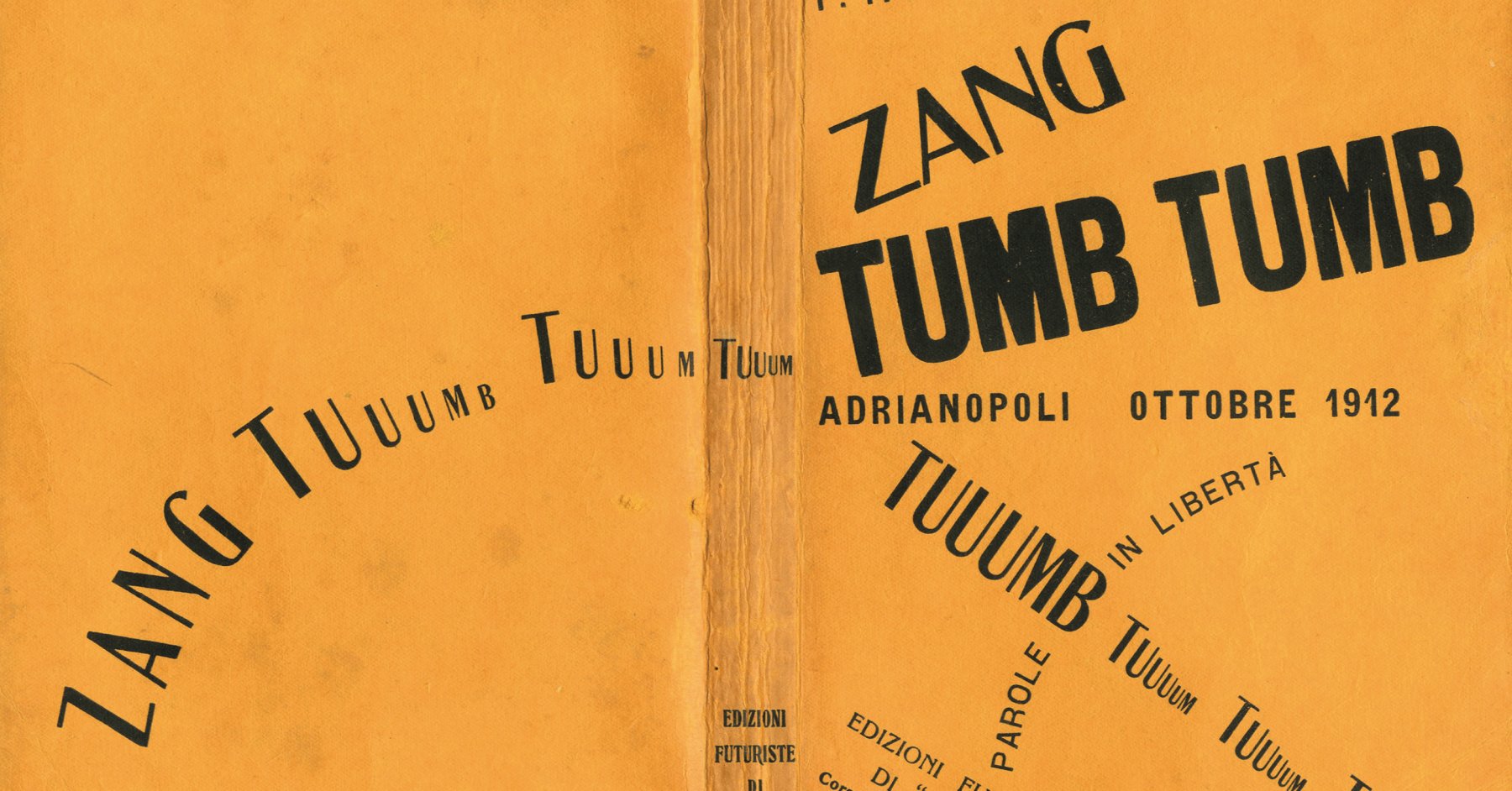
Are You My Dada?
How the Arts Allow Us to Reflect on Early Literacy and Language Learning
In Babble Lab, a scientist discovers the joy and chaos of language when an experiment causes sounds to take on life and sow chaos in her laboratory. When crafting this nonsensical celebration of sound, Playwright Autumn Ness took inspiration from Dada. Although this may seem like another bit of babble, Dadaism is a 20th century artistic movement in which artists rejected the logic, reason, and division associated with modern capitalism and nationalism. Instead, they embraced themes of nonsense and irrationality.
In the literary tradition, “Dadaism is trying to represent the sound over sense. Sound over meaning,” says Daniel Walter, Professor of Linguistics and German at Emory University’s Oxford College. “The point is to focus more on the sound.” This is seen in artistic developments such as “sound poetry,” or poetry that leans more into the aural sounds of the words, rather than their meanings.
At its core, Dadaism is about using art to challenge our preconceived notions and expectations. In a similar way, Babble Lab, through its playful representation of sounds and sense, allows us to explore a new way of seeing language learning.
“Preschoolers are already Dada,” says Ness. “They are bizarre, joyous, wondrous, and abstract.” Language learning begins before we are born. Studies show that we begin processing sounds and rhythms from inside the womb. That experience intensifies in our early years of life as we build up our mental bank of recognizable sounds. It’s noteworthy to highlight that we build our bank of sounds, not words.
“[When learning language] children pay attention to pure sound, and then they add meaning afterwards,” says Walter. “They have no concept that language has meaning until they start attaching sound patterns they already recognize to objects, and that’s not something they’re doing from birth.” Once children begin attaching meaning to sounds, the real work begins. Learning a language requires countless hours of listening, speaking, writing, and reading.
“I think one of the funniest things that people say is…language is just so easy for children.” Walter highlights that learning a language is an involved process. Although his research primarily focuses on adult second language learners, Walter is able to reflect on the challenges of learning a language while raising his three children under the age of five years old. “It’s not easy for anyone. All we ask of our three- and four-year-olds is to learn the languages we’re speaking on a daily basis. That’s their only job, and they do it every moment that they’re not sleeping.” It can be grueling and uncomfortable, and that’s before one begins to consider learning challenges such as dyslexia or ADHD. Then, it can feel like the letters and sounds themselves are running away or playing tricks on you, similar to what the scientist experiences on stage.
Through a show like Babble Lab, young learners and their families experience the joy of language without any strings attached. “The arts,” Walter says, “have the opportunity to bring in some of these critical ideas and force people to think Is it really easy for kids to learn language? When do children start learning? Why are the sounds important in how my child learns another language?”
As a story that presents the playfulness of words and sounds, Babble Lab offers another narrative for language learning that is open, non-judgmental, and crosses boundaries of language and culture. It invites everyone into the space to share in a nonsensical explosion of learning. But, just because it’s nonsense doesn’t mean it doesn’t have meaning or, more importantly, impact. Babble Lab shows children that learning language can be fun, and it reminds adults of the genuine labor that our young people undergo on a daily basis to communicate their basic needs and wants.
Performances of Babble Lab will take place June 22 – July 28, 2024 on the Hertz Stage.
Meet Our Generous Sponsors



